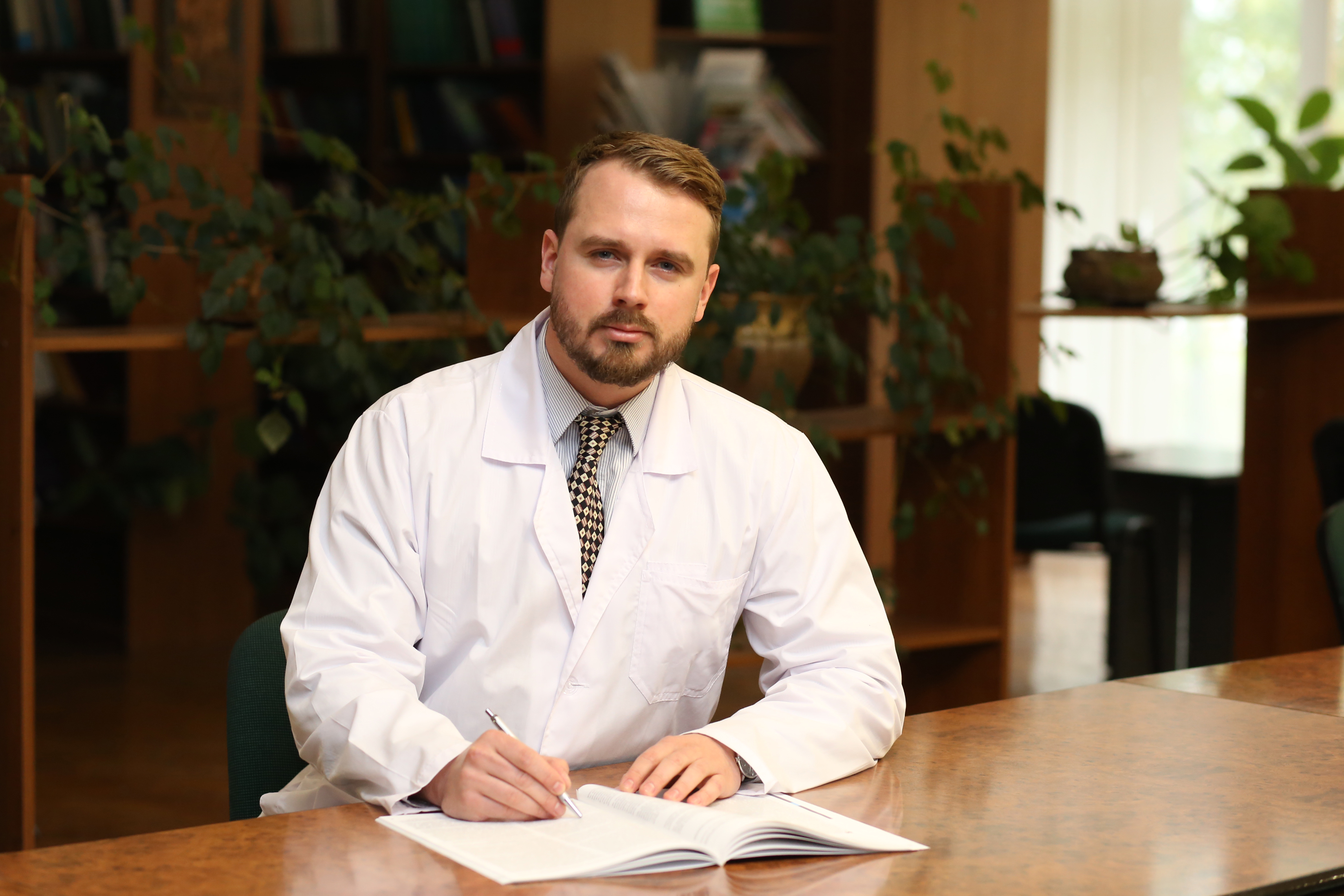
Infectious Diseases Consultant at Minsk Scientific and Practical Center for Surgery, Transplantology and Hematology (Belarus). Principal investigator in numerous clinical trials in the area of Transplant Infectious Diseases and Infections in Immunocompromised Hosts. Fulbright Visiting Investigator at Center for Microbes, Inflammation and Cancer at Memorial Sloan Kettering Cancer Center (New York, United States) in 2017-2018. Author of more than 100 scientific publications. Awards received from the European Society of Blood and Marrow Cell Transplantation, the European Hematological Association, and The Transplantation Society. Chairman of the Minsk Study Group for Infections in Hematology, Transplantation and Cancer. Research and practical interests include emerging infectious diseases, adult vaccination, vaccination of immunocompromised hosts, treatment and prevention of infectious complications during chemotherapy, organ and tissue transplantation, rational antibiotic therapy, and human microbiome studies.
Web of Science ResearcherID G-8688-2019
ORCID ID 0000-0003-0483-7329
Gut microbiome dynamics over a course of kidney transplantation: Preliminary results of a pilot study
Igor Stoma1,2, Ekaterina Moduleva1, Tatiana Gubanova1, Ihar Iskrou1, Igor Karpov2, Svetlana Krivenko1, Ivan Shturich1, Oleg Kalachyk1, Anatoly Uss1, Oleg Rummo1.
1Transplantation and Hematology, Minsk Scientific-Practical Center for Surgery, Minsk, Belarus; 2Belarusian State Medical University, Minsk, Belarus
Minsk Study Group for Infections in Hematology, Transplantation and Cancer (MSTH).
Background: Earlier studies have shown the protective effect of diverse gut microbiota against development of infectious complications in hematological patients after hematopoietic stem cell transplantation, including protection against highly antibiotic-resistant bacteria. Other publications have underlined the effect of butyrate-producing gut bacteria on risk of viral complications in kidney transplantation, and aspects of tacrolimus dosing based on microbiome composition. The aim of this pilot study was to assess the dynamics of gut microbiome composition during the first 10 days after kidney transplantation, looking for possible associations with clinical outcomes at a second stage of the study.
Materials and Methods: In this observational cohort study we characterized the dynamics of gut microbiota composition in kidney transplant recipients during the early post-transplant period within 10 days after surgery. Participants were enrolled in a fecal collection protocol with at least three sequenced fecal samples during the kidney transplantation hospitalization with one sample collected at baseline. DNA was extracted and purified from each fecal sample, and the V3 to V4 region of the 16S rRNA gene was PCR-amplified using modified universal bacterial primers. Purified products were sequenced using the MiSeq Illumina platform.
Results: In this pilot study we have sequenced 18 fecal specimens collected from 6 kidney allograft recipients. All of the kidney transplant recipients had a baseline fecal sample collected and sequenced before the transplantation. Other samples were collected during the 10 day period after the transplantation. Among the significant alterations in the gut microbiota following kidney transplantation were: major loss of diversity (Shannon index) during the first 10 days post-transplant and an increase in Proteobacteria phylum abundance. Clinical associations between the gut microbiome dynamical characteristics are planned to be studied in the second part of this ongoing study.
Conclusion: Loss of gut microbiome bacterial diversity during the early post-transplant course in kidney transplant recipients may have associations with clinical outcomes. As it was shown earlier, highly diverse microbiome composition may have a protective effect against various infectious complications in transplant patients. Clinical associations should be studied in a second stage of this pilot study.
Solodkaia Olga. Sergey Korotkov. Andrey Babenko.
There are no comments yet...